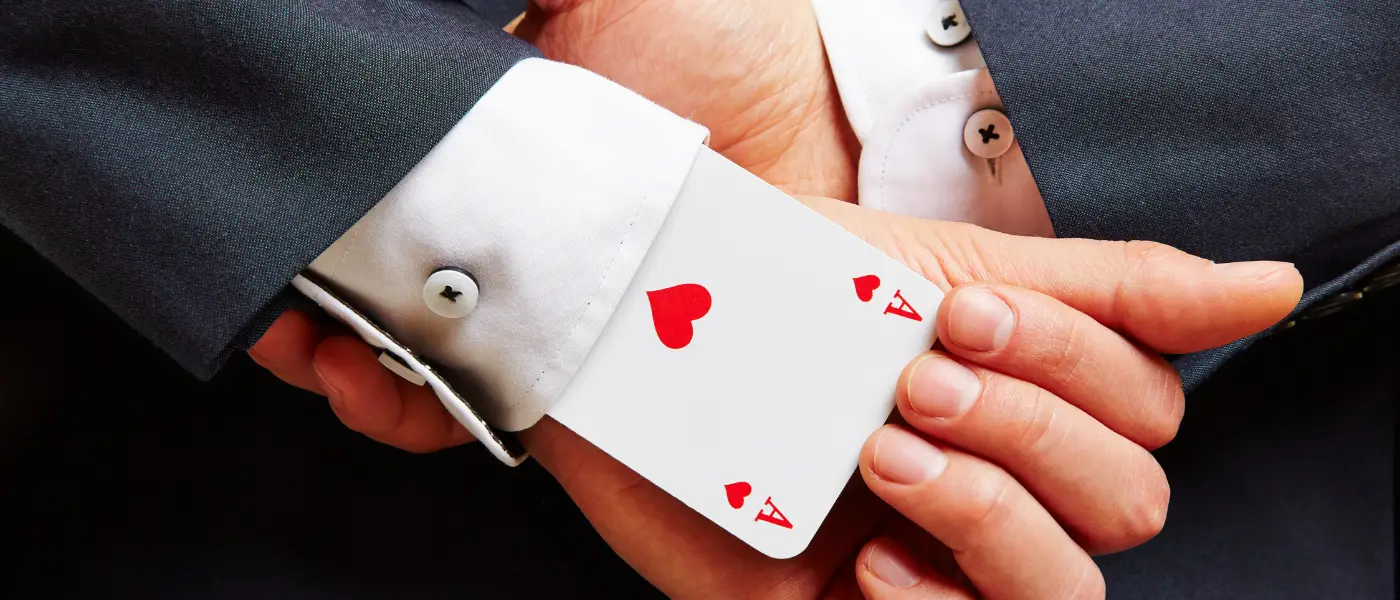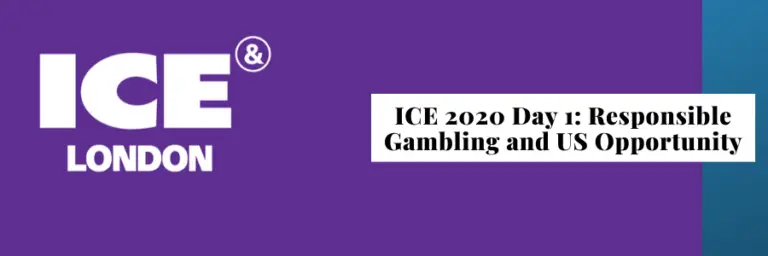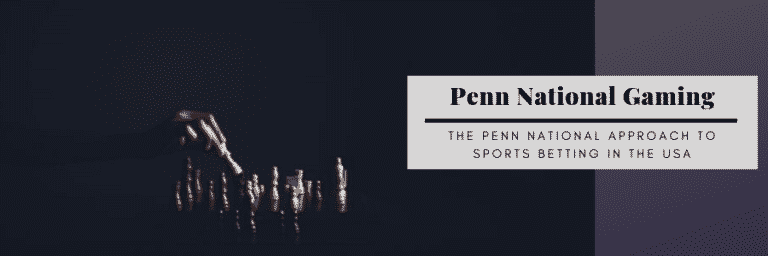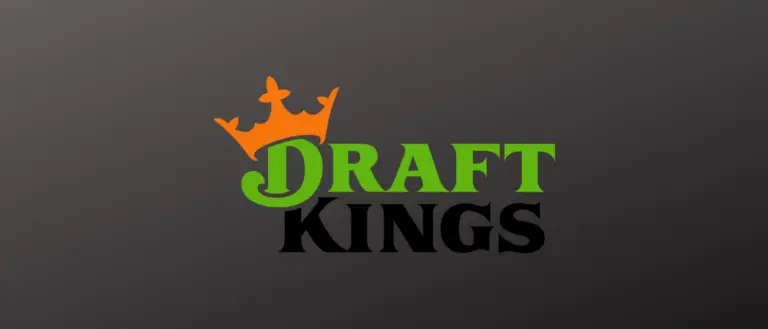The Latest Online Poker Scandal Is Publicity The Game Doesn’t Need

As legal sports betting spreads across the country, a debate is raging over maintaining the integrity of sports.
But when it comes to gambling, the product with the most significant integrity issue is and has always been poker, and more specifically, online poker. And that was on full display as a scandal broke over the holiday weekend.
Scandals and online poker are not uncommon occurrences, and the latest one is only atypical because of the stakes.
It occurred on one of the private poker apps that have become increasingly popular during the COVID-19 shutdowns. In a nutshell, the allegations consist of one of the players in the high-stakes, small-circle game, letting a professional player use his account to beat up on the amateur players in the game.
This article isn’t about the particulars of the most recent scandal; plenty of other outlets will cover that. The purpose of this article is to illustrate the inherent integrity issues with poker, and how they are likely a contributing factor to the slow pace of poker legalization compared to sports betting.
The Kill or Be Killed Nature of Poker
Whether in a cardroom or online, a poker table can offer a fun, social environment. But it’s also a place that requires you to be on your toes, as not every player has honorable intentions. Some people are looking to take advantage of you in any way they can. They look for the trusting and the gullible, especially if they’re well-heeled.
Poker is mostly a self-policed game, and every player is responsible for protecting themselves.
Why Poker Has Integrity Issues
Any activity where large amounts of money are changing hands is going to be a magnet for hustlers and cheats. And the mechanics of poker, and to a lesser extent daily fantasy sports (see the recent DFS scandal involving Bachelor contestants), provide unsavory players with a lot of opportunities to bend the rules or cheat others out of their money.
Online casino and sports betting is player vs. house, so the opportunities to cheat the system are few and far between. Not to mention that the casino, retail or online, has a vested interest in keeping cheats and even advantage players at bay. With poker, a casino collects rake no matter who wins.
Conversely, poker is a multiplayer, peer-to-peer game of unknown information with a plethora of hard to enforce rules. Since the game’s earliest days, players have worked in teams, come up with ingenious ways to cheat people out of their money, or just outright steal it.
Some of these shortcomings are further exacerbated at the online poker tables.
- Players have more opportunities to collude with one another.
- Online accounts are bought and sold.
- Bots get unleashed on the ecosystem.
- Insider cheating and software that allows others to see your cards exist.
These cheating methods are challenging to prove unless the culprits get greedy and overdo it, and even then, proving cheating beyond a reasonable doubt is complicated. Fortunately, cheaters often get greedy and get caught – not that getting caught means they’ll be punished beyond the reputational hit.
But proving that cheating is occurring opens a whole new can of worms. When the transgressions become public, opponents of the game are gifted more ammunition to portray poker as a game filled with undesirables that is difficult to police.
And these misgivings are often brooched when the debate around legalization takes place.
Poker Players are Predators
These scandals also play into the long-held belief that poker is rife with cheating and that professionals simply prey on the fish and fit the description of the typical pool hall hustler. To that end, the poker community doesn’t do itself any favors when it glorifies wild bets, speaks negatively of bad players, and shows little to no regret when it comes to taking advantage of a tilted or drunk player.
That all plays into the narrative that poker players are predators, and the upstanding players end up being guilty by association.
Example #1: Sheldon Adelson
During a keynote address at Global Gaming Expo (G2E) in 2014, Sheldon Adelson expressed his distaste for the predatory nature of poker players, and how the online arena could amplify predation.
“They could be flying high and out of control of themselves, and what are they going to do with the poker players that are expert at playing poker. They’re just gonna clean everybody out? Like they do in the poker clubs and various casinos.”
In an infamous 2013 interview with Forbes, Adelson used the example of “a kid that is either underage or of age with student loans … to get pressured by peers to go and gamble [online] while they are drunk or doing drugs.”
Example #2: Gary Pretlow
And in 2016, New York Assemblyman Gary Pretlow said he was uneasy about legalizing online poker because of the potential for cheating.
“I still have issues with people cheating,” Pretlow told PokerNews. “Demonstrations of geolocation have kind of settled my mind that they do work, and people outside of the jurisdiction won’t be able to get in. But I still have an issue with five people sitting around the kitchen table on computers, all playing against you. The defense is that they have algorithms that protect against that, but right now, I don’t trust that. It’s a serious question I’ve had for a while, and it hasn’t been proven to me that doesn’t happen.”
Upshot
If poker scandals weren’t so commonplace, they wouldn’t be as detrimental. But as I’ve detailed above, poker has a long history of cheating and scandal, and recent history, including online poker, is no exception. And that only hurts legalization efforts.
Recently I offered my opinion of what I think it will take to fix the online poker industry in a meaningful way.







